Photo credits: W. W. Norton & Company
William Wells Brown (pictured) is the first published Black author in U.S. history, according to most mainstream American scholars.
Brown’s first literary publication was a memoir titled, Narrative of William W. Brown, a Fugitive Slave, Written by Himself. This masterpiece was a best-seller and moved copies all over the United States. It was released in 1847 and was only outsold by a slave narrative memoir written by the legendary orator and abolitionist Frederick Douglass.
Another book by Brown had to be published in London, England due to the fact he was a fugitive slave who was eluding capture from authorities in the U.S. Brown’s British-issued book was a novel titled, Clotel; The President’s Daughter: A Narrative of Slave Life in the United States. It was released on July 6, 1853.
The fiction-based, yet realistically plausible story profiled in Clotel is centered around the lives of two half-white, half-black girls who were born to a Black slave mother – who was impregnated by former U.S. President Thomas Jefferson – the mother’s powerful white owner. Jefferson’s status as a former slaveholder is well-documented.
In 1814, near the Southern city of Lexington, Kentucky, Brown himself was born to a black mother who was impregnated by her white male master. However, the infamous American One Drop Rule made certain that mixed-race people with one Black parent (or even two Black grandparents) were considered Black. This social construct of Black inferiority was thereby including the so-called “mulatto” to the second-class status of a slave.
Brown’s status as a well-read mulatto man with a superior command of the English language in the mid-1800s marked him for death. Douglass (a former slave who taught himself how to read and write) once famously quoted: “To educate a man is to unfit him to be a slave.” America’s pro-slavery establishment knew this to be true.
This is why Black slaves in the era of early America’s “peculiar institution” were not permitted to take up literacy or any form of education. In today’s U.S. society, a systemic effort is being undertaken by numerous states to de-legitimize over 400 years of hard work – by historians who have accurately chronicled the plight of Black slaves. Effective literacy is still the most critical component of preserving the mind’s top liberator: The truth.
Today’s abolitionists must protect male and female members of Black America’s future generations from the evolving influences of modern miseducation, which states have coined as “critical race theory.”





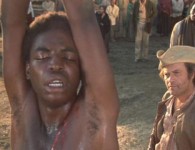

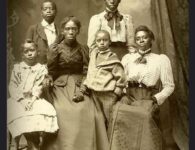
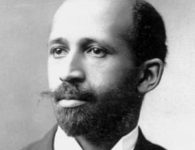
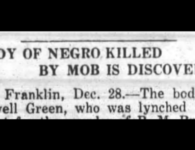
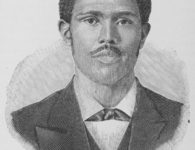

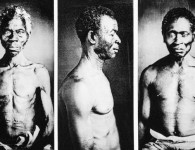







No comments